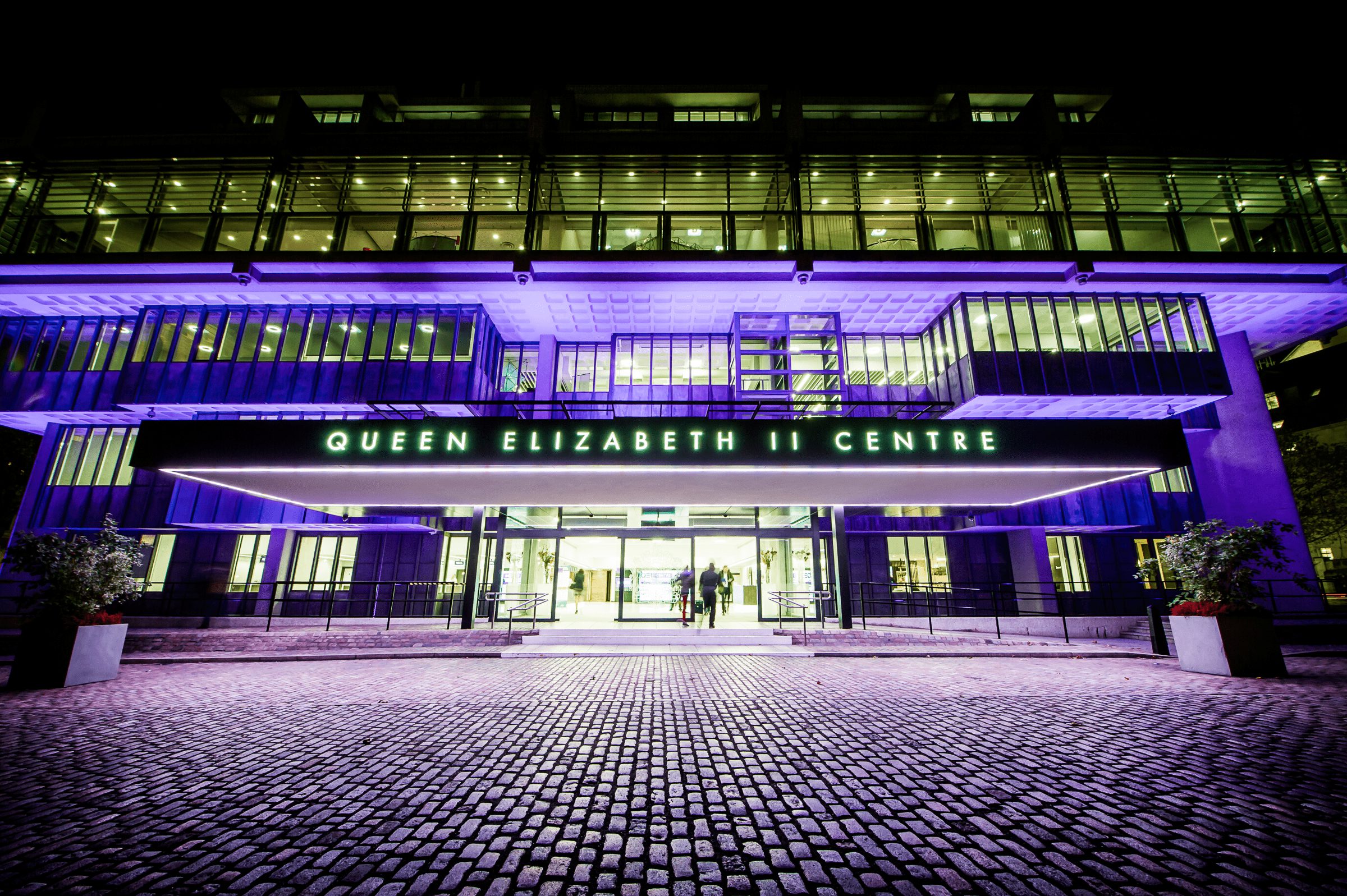
Why sustainability will be more important for the industry post-Covid-19
Before the Covid-19 pandemic struck, one of the biggest issues on the agenda – both inside and outside the meetings and events industry – was sustainability. We were all working hard to reduce our carbon footprint by doing things such as rejecting single-use plastics, monitoring energy and water usage and reducing food waste.
Sustainability has been sidelined over the last few months as the world focuses on stopping the spread of Coronavirus Covid-19, but it hasn’t been forgotten about. In fact, as the industry moves closer to re-opening and we look beyond this initial phase, I think our commitment to sustainability will strengthen.
Environmental benefits
One of the reasons for this is that people have seen, and experienced environmental benefits during the global lockdown. In Northern India the people of Jalandhar have celebrated seeing the Himalayas, which are only 100 miles away, for the first time in 30 years and you may have seen the satellite images of the pollution reductions over China as a result of the manufacturing shut down. I live in West London and by week two of lockdown, both of my children remarked to me – unprompted – that the air quality was much better.
At the same time, with more people working from home, we’ve encountered an explosion in the use of online communications tools. Microsoft Teams now has over 75m active daily users a growth of 275% since Nov 2019. Zoom has also experienced phenomenal growth over this period. Millions of people have thus proven that online connectivity can work
The combination of these two things, I think will add additional pressure on both companies and individuals to think more carefully about their need to travel for work, or to prioritise their travel much more so than they did in the past.
I have heard that corporate boardrooms across the city of London have already been expanding their online streaming capability in anticipation that their executives will be travelling less frequently.
Connectivity
Decreasing travel and the fact we have embraced online connectivity doesn’t mean that events will fade away, however.
People are fundamentally social beings and we are most comfortable when we’re connected, sharing strong emotions and stories and making connections. Our industry revolves around people interaction as much as it does around business, trade and knowledge-sharing, so the business events sector will continue to flourish.
This is particularly true for brands where connectivity is the Holy Grail. Events are a showcase opportunity – for brand launch, brand reinforcement, product and brand showcases and direct sales covering every new twist and opportunity in a fast paced and challenging world.
From car launches and tech, to new beauty products and medical equipment, the scale and opportunity for bespoke and relevant engagement at events is priceless.
This is equally true for trade and industry where it is the connectivity between individuals at events and the establishment of relationships and trust which can make the difference in securing deals.
As is the case for knowledge sharing. The learning experiences that go in to participating at events are vast but is often during a coffee in the sidelines that provides the additional sparkle, contact or idea.
Events have a special power. They can resonate with your carefully chosen attendees and employees. Events also unite and excite and connect in ways that other marketing and sales mechanisms cannot.
Whilst these days the use of technology, both pre and during events, provide an enhanced level of connectivity and networking, live event experiences is a channel of unique opportunity which is irreplaceable by tech alone just enhanced by it.
During the current Covid-19 pandemic some general consumer behavior analysis already showed that those brands and businesses that are seen to be helpful are already benefitting positively in terms of brand perception. You will spot the difference in the latest television commercials. In addition businesses that put staff and customers first are also benefitting positively.
People also particularly remember what brands and businesses do in a moment of crisis. An important point for every organisation to consider during these difficult times. So it would seem that CSR is also simultaneously increasing in its importance.
Consciousness
This brings me back to my earlier point about sustainability. The Covid-19 crisis has given many the chance to focus on what is important in life, which is why we will see the environmental consciousness becoming more prevalent in peoples’ decision making as we move forward.
People will remember the impact that our actions had on the environment and will therefore demand that we do all we can to safeguard it when putting on meetings and events.

Event organisers and venues may currently be preoccupied with putting on events in a safe and secure way, but they will also be thinking about the bigger picture and looking at ways to lessen their impact on the environment.
I suspect we will also see an exponential increase in carbon offsetting and increased pressure for such schemes to be thoroughly vetted and verified.
As we focus on re-opening the event industry, we shouldn’t overlook the fact that sustainability will be regarded as an important factor in every event – whatever the size. Venues and event organisers will be expected to play an even bigger part in ensuring that their venues and events sustainability is maximised, so let’s make sure we’re all ready to address the requirements.